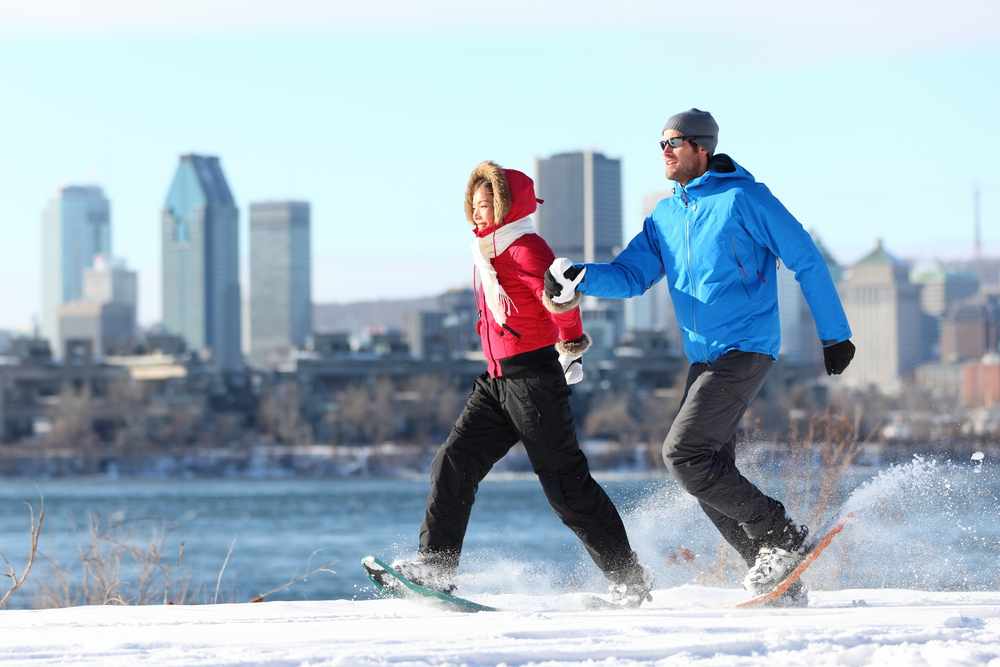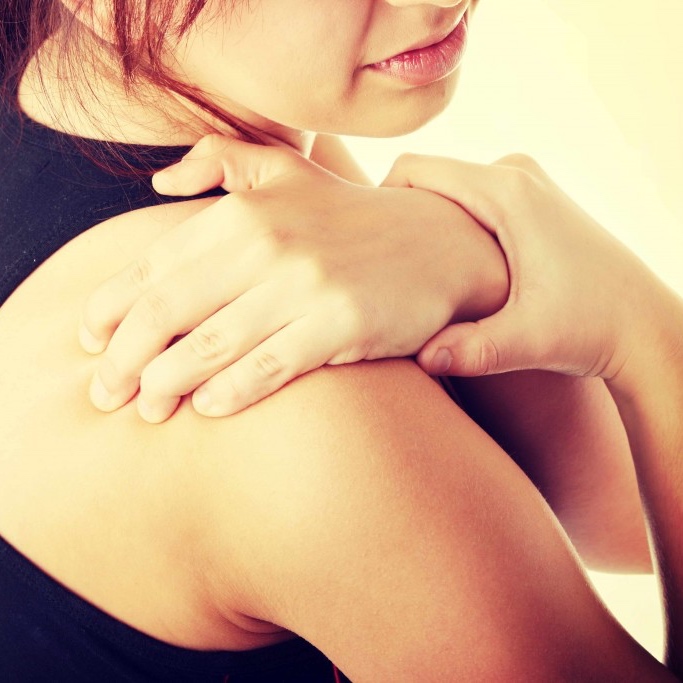
DEAR MAYO CLINIC: I work out at least three days per week at the gym, but I also like to exercise and run outside. Although I know better than to be outdoors in a winter storm, do you have any tips for exercising safely outdoors in cold weather?
ANSWER: It is great that you are dedicated to staying healthy through exercise. Being active at all ages is recommended to improve overall health.
It's easy to lose motivation to exercise when it's cold outside. However, you can remain active and exercise safely, especially outdoors, during the winter. A general rule to follow when exercising in the cold is to work your way slowly into the exercises. Also, start with lower loads or intensity.
Here are five additional helpful tips for staying active outdoors during the winter.
- Make sure you check the weather forecast and dress appropriately before exercising outdoors. Weather conditions with air temperatures below zero F or extreme windchills may prohibit safe activities outside, even when wearing appropriate clothing. The risk of frostbite significantly increases when the air temperature is below 5 F. You also should avoid exercising in the rain, as getting wet increases your vulnerability to cold. On days with extreme weather conditions, limit your workout. Or take a break or exercise inside.
- A proper warmup is essential, and warmup time should be doubled, as it takes longer for your muscles to acclimate in the cold. Also, perform the aerobic part of your warmup before static stretching to help with muscle flexibility. When working out, ramp up slowly to your preferred intensity and be sure to work in a cooldown period to promote recovery and reduce blood pooling.
- Know if any other medical conditions put you at elevated risk for cold weather injuries, and be aware of cold weather issues. If you have medical conditions such as Raynaud’s disease, lung or heart disease, or lupus, consider consulting with your primary care team to determine appropriate precautions. Be mindful if you have exercise-induced asthma, as cold weather may aggravate these types of medical conditions. Also, be aware of the signs of hypothermia and frostbite, as well as appropriate treatments. If you start to develop signs of hypothermia or frostbite, get out of the cold immediately and slowly warm the affected area.
- Dress warmly and in layers when exercising outdoors in the cold. Multiple layers with warm materials, such as wool or fleece, can add warmth. Avoid cotton next to the skin, as it can stay wet and cold. Also make sure to protect your hands and feet. As the temperature drops, blood pools in your body's core, which leaves your hands, feet and head at risk of frostbite. Hats, ski masks, gloves, large shoes with thermal socks, and earmuffs are great accessories to keep your extremities warm during the winter.
- Hydration while exercising in colder temperatures is just as important, or more important, than in warm temperatures. That's because cold air is dryer than warm air. You should hydrate before, during and after your workout. While water or a sports drink is fine if your workout is an hour or less, for longer workouts you also should have a drink with electrolytes, such as a sports beverage. It is easy to become dehydrated in the cold, but it is harder to notice the symptoms.
Although it may be hard to stay motivated to exercise outside during the winter, everyone knows how good it feels after a great workout. You're encouraged to continue to exercise and stay fit using your favorite workout routines throughout the year. If you have specific questions or find you need additional support, consider speaking to a certified sports medicine specialist.
As decide how best to exercise during the winter, be sure to be aware of your surroundings to avoid any unnecessary risks. If you have any health issues, it is advisable to talk with your primary health care professional before starting any new outdoor activities. — Dr. Kelechi Okoroha, Orthopedic Surgery, Mayo Clinic, Rochester, Minnesota
Related Articles







